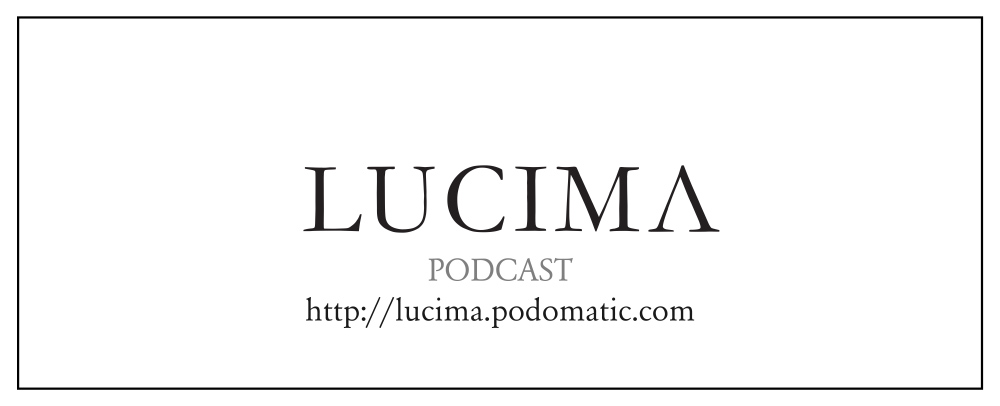
My favorite Avedon
According to Wikipedia:
A core competency is a concept in management theory originally advocated by CK Prahalad, and Gary Hamel, two business book writers. In their view a core competency is a specific factor that a business sees as being central to the way it, or its employees, works. It fulfills three key criteria:
It is not easy for competitors to imitate.
It can be re-used widely for many products and markets.
It must contribute to the end consumer's experienced benefits.
Core competencies are particular strengths relative to other organizations in the industry which provide the fundamental basis for the provision of added value. Core competencies are the collective learning in organizations, and involve how to coordinate diverse production skills and integrate multiple streams of technologies. It is communication, an involvement and a deep commitment to working across organizational boundaries. Few companies are likely to build world leadership in more than five or six fundamental competencies.
Let me cut to the chase and detail the action items from this post. You should think about what makes you different from the other photographers out there. Whether this is a hobby or a full-time profession, you need to be able to provide specific value that differentiates yourself from the competition. I've said this time and time again. Be the best at something, anything.
Don't be average at everything.
I'm a big fan of reflecting on progress and you'll do yourself a huge favor by thinking about what goes into your products and services instead of repeating the same mistakes over and over again.
During my stewardship of the LUCIMA brand, I've referenced many of the tenets of MBA and real-life business management that I've accumulated through the years. The idea of core competency came up during a lunch discussion today. It's one that I haven't thought about in a very long time. I'm guilty of the same problem that many of my favorite companies are guilty of, namely the "If it ain't broke..." syndrome.
Well it ain't broke but it ain't gonna improve itself!
So I've started thinking about my own processes and core competencies.
Surely, photography isn't closely related to making widgets. This isn't a volume business. It's hardly scalable. Probably difficult to "re-use widely for many products and markets".
Yet if you overlook the surface limitations of applying the core competency tenets to our business, the stuff underneath is the same. Do you have a look/style that is difficult for photographers to copy? Can you apply the processes that you've created for this specific niche to other applicable fields? Perhaps maybe instead of fashion could this work for lifestyle? Commercial? And what specific advantages do you have that other photographers don't have? What special mix/formula can you concoct that other photographers can not create? Do you create unique experiences for your customers that others photographers lack? What sets you apart? What kind of experiences do your customers have when they work with you? Is the benefit perceived or is it real?Is this benefit unique to you?
I would specifically focus on #1 and #3. Probably even more so on #3 than on #1. Why? Because on the surface the photography game is about pictures. But when you peel back the layers of the onion, you'll quickly realize that it's not as much about the images as you'd think. It's much more about the entire package. The "experience" that people have with you. And while the game starts with the images, it's the difference of "experience" where the war is either won or lost.
Think about it. If I had you choose between two "equally good" images from two different photographers, there'd be a 50-50 split between which you'd choose over the other. However, if I then told you that the image on the left was shot by Richard Avedon and the other image by some anonymous random photographer, wouldn't this change everything? Wouldn't this change the way you feel about the left image, the history, the meaning, and ultimately the value of that image.
Why? Because Avedon wasn't just a photographer. He wasn't just a legend. He was a brand. He is part of photography history the way that only a handful of others are a part of photography history. His images carry weight. He had clout. And an Avedon image wasn't just an image. It was a part of the experience of working with Richard Avedon.
So think about how people experience you as a photographer. What you have to offer and what your specific core competencies are!

No comments:
Post a Comment